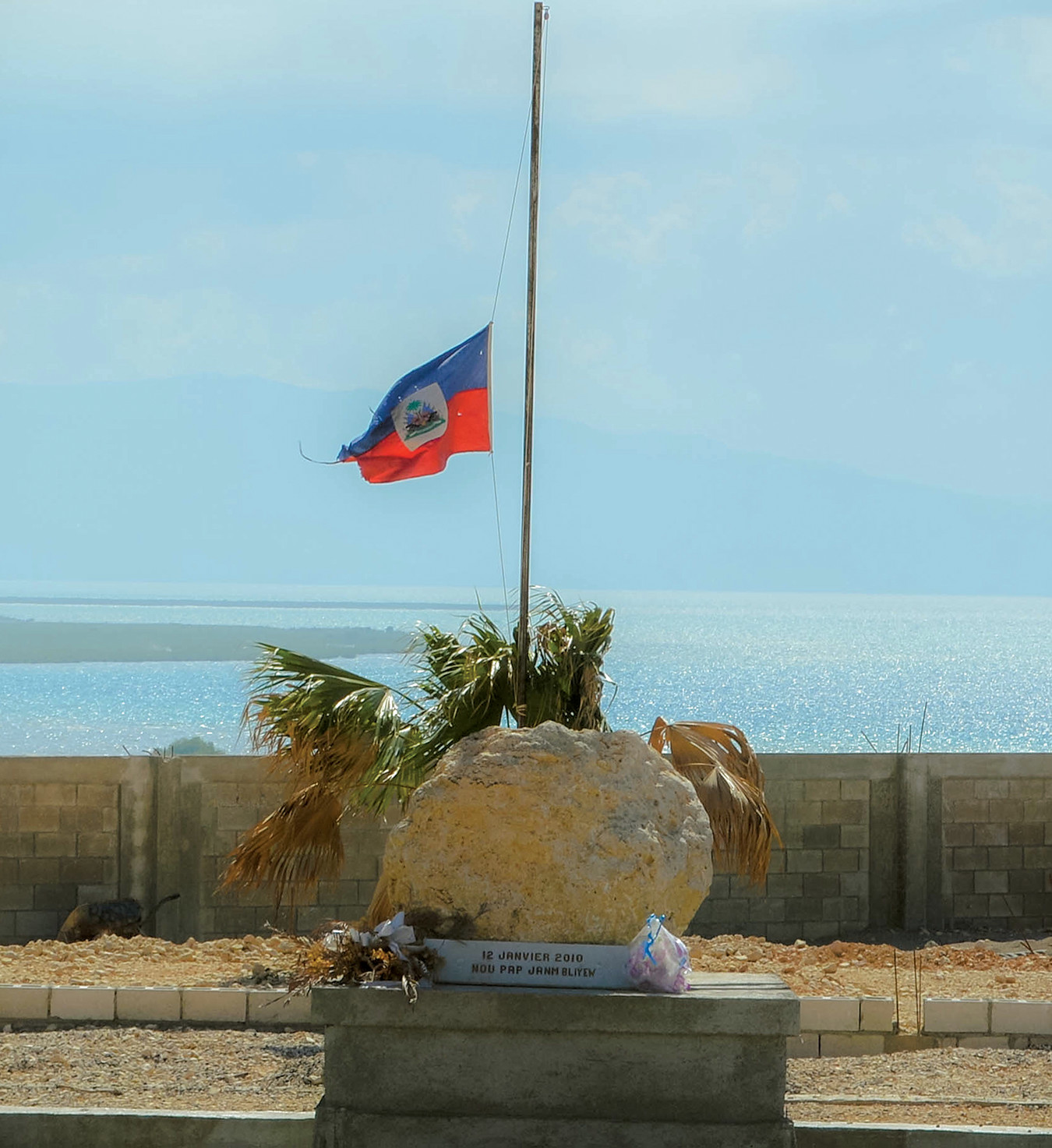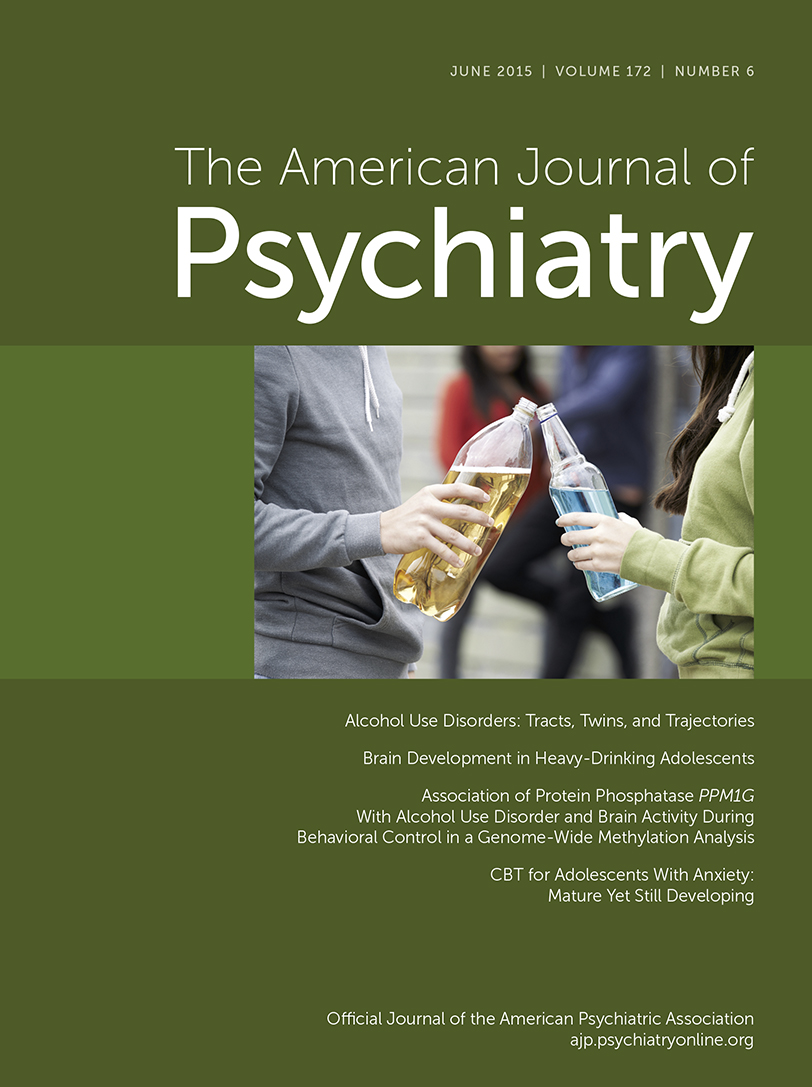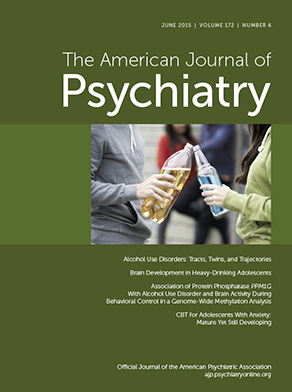On Jan. 12, 2010, at 4:53 p.m. local time, Haiti was struck by the largest earthquake in its modern history. The quake killed over 222,000 people, about 2.5% of the national population, and left more than 300,000 injured, between 4,000 and 7,000 amputees, and roughly 1.5 million homeless.
Following the earthquake, studies were carried out to evaluate its impact on mental health. Depending on the age group and the time of assessment, prevalences ranged from 24.6% to 47.7% for posttraumatic stress disorder (PTSD) and from 26.0% to 46.2% for major depressive disorder (
1–
4). Studies also revealed difficulties in mourning the deaths of those who went missing (
5).
The inhumation of corpses in mass graves without identification and without respect for any cultural ritual has greatly prevented survivors from mourning their relatives who perished in this disaster, as is described by participants in various studies carried out since July 2010 (
2) and reported in other studies (
6). In fact, as Klüger (
7) suggested, when there is no grave, mourning becomes endless. Indeed, according to figures from the Haitian government and international institutions, at least 180,000 corpses were put in mass graves without being formally identified (
8). Moreover, to date, no list of victims has been established.
In the absence of this list, for which no official initiative has been taken yet, the memorial of the earthquake has become an important place of pilgrimage. Consisting of the stone shown here and its plate, on which is written in Creole “12 January 2010/We will never forget,” the memorial represents, symbolically, the solid remains of the disaster. Erected on the largest mass grave at the north entrance of Port-au-Prince, where between 70,000 and 90,000 corpses are buried, according to the authorities, it is a place of contemplation for relatives who pay tribute to victims at special occasions: birthdays, November 1 (All Saints' Day), January 12, etc. In the absence of tangible signs that can facilitate the grieving process, these Haitians strive to believe that the corpses of their relatives rest there. In this manner, they create a symbolic place that might initiate the individual memory process. However, to strengthen that individual dimension and facilitate the grieving process at the collective level, a plaque at the memorial listing the names of each victim is needed to help cope with traumas and injuries. This initiative could be beneficial, as it was the case with Jewish victims of the Holocaust (
9), to give a symbolic grave to the dead. Inscription of the victims’ names at the memorial might not only enable the grieving process, in terms of Haitian cultural rites, but also facilitate the transmission of traumatic memory and its recovery.


